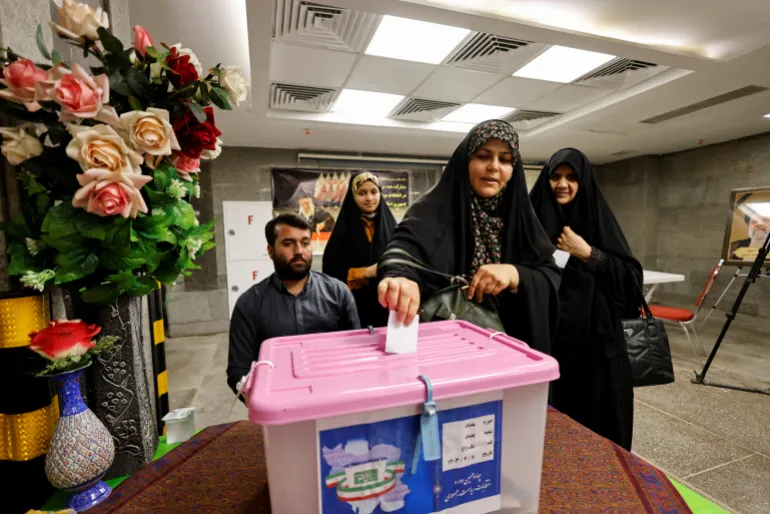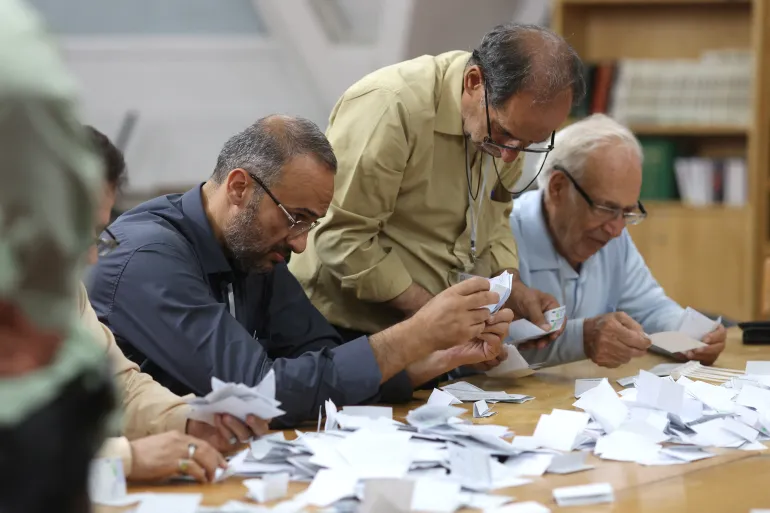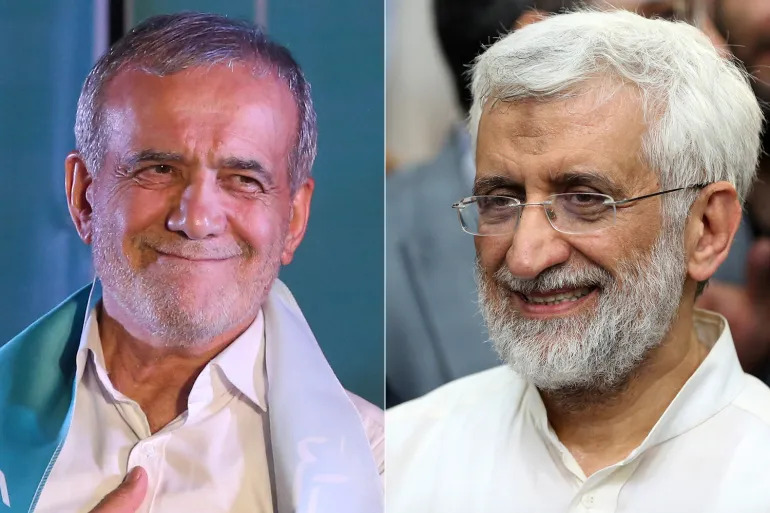A Crucial Election for Iran
As Iran prepares for its presidential run-off election, the nation finds itself at a pivotal moment. The outcome of this election will shape the country’s political future and influence its trajectory on both domestic and international fronts. However, a significant concern looms over this crucial event: voter turnout. In this blog, we’ll explore the factors contributing to this worry. The key candidates involved, and the broader implications of the election.
Voter Turnout Concerns: Factors at Play
Voter turnout is a critical measure of the democratic health of any election. In Iran’s presidential run-off, several factors are contributing to concerns about how many citizens will cast their ballots.
Political Disillusionment
One of the primary reasons for potential low voter turnout is widespread political disillusionment among the electorate. Many Iranians feel disenchanted with the political system, believing that their votes do not lead to meaningful change. This sense of disillusionment has been exacerbated by economic challenges, lack of political freedoms, and unmet promises by previous administrations.
Economic Hardships
Iran’s economy has been struggling under the weight of international sanctions, mismanagement, and the impact of the COVID-19 pandemic. These economic hardships have led to widespread frustration and a sense of hopelessness among many voters. Who may feel that participating in the election will not improve their situation.
COVID-19 Concerns
The ongoing COVID-19 pandemic presents another challenge to voter turnout. Despite efforts to ensure safe voting conditions. Some citizens may still be hesitant to visit polling stations due to health concerns. This could further depress the number of voters willing to participate in the run-off election.
Key Candidates: A Defining Choice
The run-off election features two main candidates, each representing different political factions and visions for Iran’s future.
Candidate A: The Conservative Contender
Candidate A, representing the conservative faction, advocates for a return to traditional values and a more stringent approach to both domestic and foreign policy. This candidate has promised to focus on strengthening national security, combating corruption, and resisting Western influence. Supporters of Candidate A believe that a conservative leadership is necessary to preserve Iran’s sovereignty and address internal challenges.
Candidate B: The Reformist Hope
Candidate B, from the reformist camp, emphasizes the need for political and economic reforms. This candidate advocates for greater political freedoms. Improved relations with the international community, and economic policies aimed at alleviating poverty and unemployment. Reformist supporters see Candidate B as a beacon of hope for modernizing Iran and addressing the grievances of the younger generation.

Implications of the Election: A Turning Point for Iran
The outcome of the presidential run-off will have significant implications for Iran’s future, influencing both domestic policies and international relations.
Domestic Policies
If the conservative candidate wins, Iran is likely to see a continuation of strict social and political policies, with a focus on maintaining the status quo. This could result in limited political reforms and a continued emphasis on national security over personal freedoms. Conversely, a win for the reformist candidate could lead to a push for greater political openness, economic reforms, and efforts to address public discontent.
International Relations
The election outcome will also impact Iran’s relationship with the international community. A conservative victory could mean a more confrontational stance towards Western countries. Potentially affecting ongoing negotiations over Iran’s nuclear program and economic sanctions. On the other hand, a reformist win could pave the way for improved diplomatic relations and efforts to reintegrate Iran into the global economy.
Voter Engagement
Regardless of who wins, the election will serve as a barometer for voter engagement and the legitimacy of the political process in Iran. High voter turnout would signal robust participation and a belief in the electoral process. While low turnout could indicate deep-seated disillusionment and a crisis of confidence in the political system.
Conclusion: The Path Ahead
As Iran prepares for its presidential run-off election, the nation stands at a crossroads. The concerns about voter turnout reflect broader issues of political disillusionment, economic hardship, and public health fears. The choice between a conservative and a reformist candidate will define the direction of Iran’s policies and its engagement with the world.

The importance of this election cannot be overstated, as it will shape the future of Iran and its people. Whether through robust participation or continued disengagement. The voices of Iranian voters will play a crucial role in determining the country’s path forward. The world watches closely as Iran navigates this critical moment in its political history.
Inspired by Al-Jazeera News and Rear More Articles Here. or Read Previous Articles Here.
